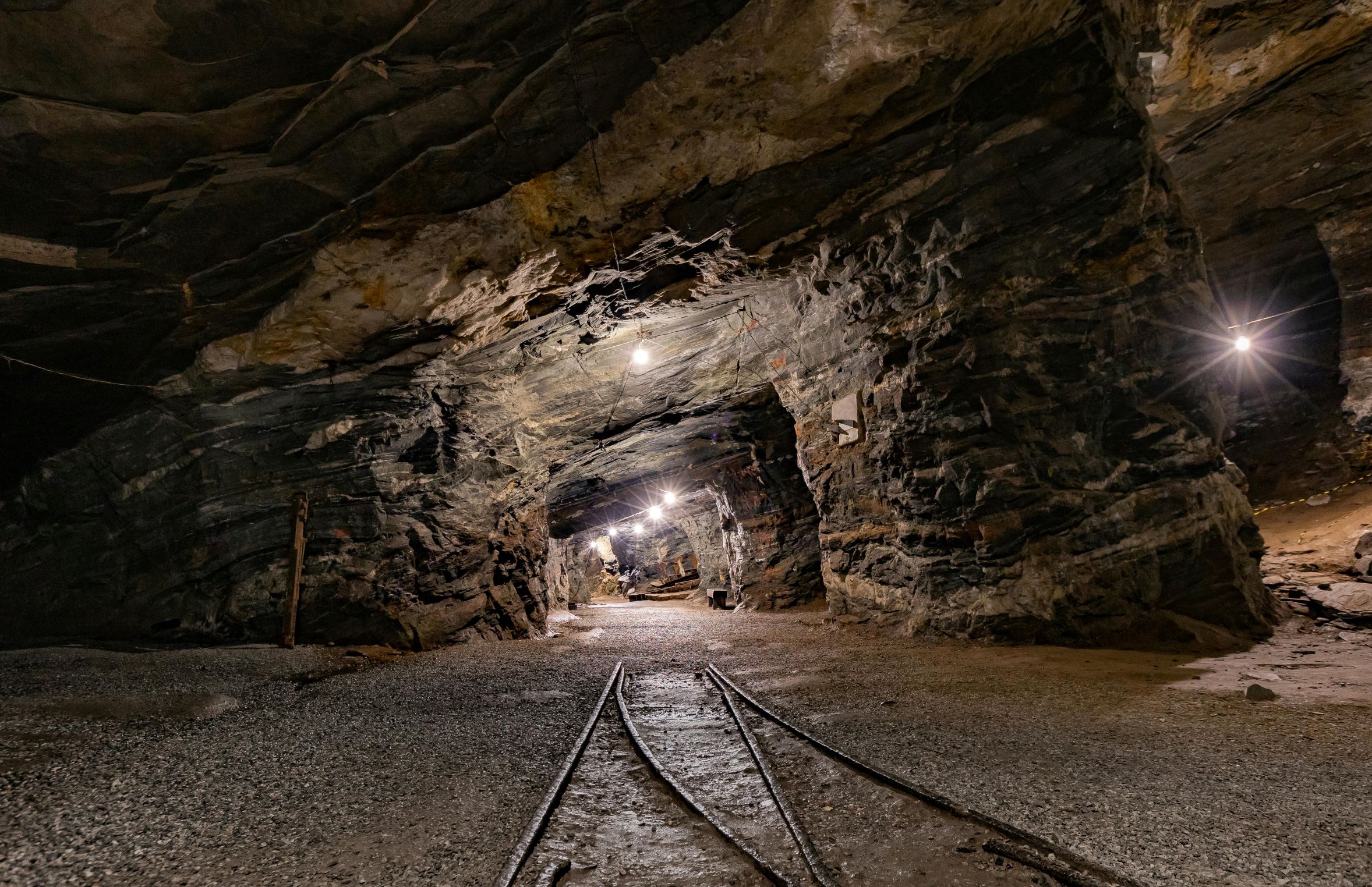Visa Stock Analysis: Is Visa a Strong Opportunity Ahead of Q4 Earnings?
$325.48
28 Jan 2026, 19:25

Pexels.com

US Proposes Rare Earths Trade for Continued Military Aid
Former US President Donald Trump has suggested that continued military and economic aid to Ukraine could be tied to a deal granting the United States access to Ukraine’s vast rare earth mineral reserves. This proposal aligns with Ukrainian President Volodymyr Zelenskyy’s broader strategy to strengthen ties with Washington and safeguard its critical mineral resources from falling into Russian hands.
Speaking at the White House, Trump reiterated concerns that the US had provided significantly more support to Ukraine than its European allies. He indicated that securing rare earth resources in exchange for aid would be a strategic move.
“We’re putting in hundreds of billions of dollars,” Trump stated. “They have great rare earth, and I want security of the rare earth, and they’re willing to do it.”
Ukraine’s Plan to Strengthen US Ties
Sources close to the Ukrainian government suggest that Trump’s remarks align with a previously proposed ‘victory plan’ designed to secure long-term Western support. This strategy reportedly includes offering the US preferential access to Ukraine’s critical minerals, deploying Ukrainian forces in Europe to reduce the need for American troops, and granting Trump authority to block Chinese investments in Ukrainian industries.
Ukraine is rich in key minerals, including titanium, iron ore, coal, and an estimated 500,000 tonnes of untapped lithium. These resources, collectively valued at tens of trillions of dollars, are critical to high-tech industries, including defence, aerospace, and electric vehicle production. However, some of these deposits are in Russian-occupied areas, raising concerns about their long-term security.
Mustafa Nayyem, former head of Ukraine’s state agency for restoration and infrastructure development, highlighted the importance of controlling these resources.
“Control over mineral resources has become a part of the war,” Nayyem stated. “We are not only fighting for our territory but also for the right to manage our strategic wealth, which could be crucial to Ukraine’s recovery.”
Trump’s Approach to the Russia-Ukraine Conflict
Trump has consistently expressed his determination to end the war in Ukraine quickly. He has claimed to have held “very serious” discussions with Russia over the conflict and hinted at having a strategy for peace. However, his willingness to engage in dialogue with Russia without Ukraine’s direct involvement has raised concerns among Kyiv’s leadership.
Zelenskyy warned against making decisions about Ukraine without Ukrainian input, calling such an approach “dangerous for everyone.” He confirmed that his government has engaged with Trump’s advisers and expects face-to-face discussions in the near future.
“They may have their own relations, but talking about Ukraine without us – it is dangerous for everyone,” Zelenskyy told the Associated Press.
Potential Impact on Global Trade and Markets
If this deal moves forward, it could significantly alter the rare earth minerals market, shifting supply chains away from China, which currently dominates the global rare earths industry. The US securing preferential access to Ukrainian minerals could reduce Western dependence on China and bolster American industrial production, particularly in defence and technology sectors.
For Ukraine, such a deal would offer economic stability and reinforce its strategic alliance with the US. However, it could also complicate diplomatic relations with European nations and potentially provoke retaliatory moves from China, a major global player in rare earths.
Speculation remains on whether Trump’s approach will translate into concrete policy or if this is a negotiating tactic to push for a broader restructuring of US-Ukraine relations. What is certain is that the outcome of this deal could reshape both international trade and geopolitical alliances in the years to come.
Sources: (FT.com, ChatGPT)